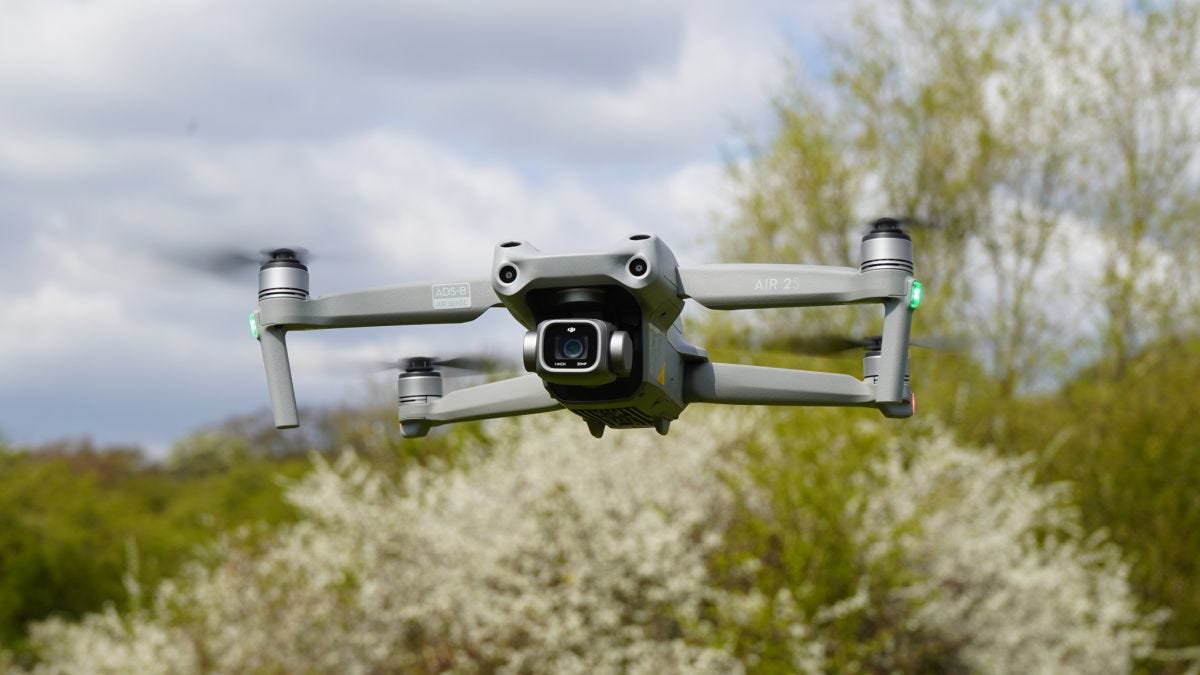A North Carolina-based AI startup, Avalo, is changing the game in crop breeding, aiming to accelerate the creation of climate-resilient crops using machine learning models. Traditional methods of crop breeding can be time-consuming and costly, but Avalo’s innovative approach promises to make the process faster and more affordable.
Key Takeaway
Avalo, an AI startup, is revolutionizing crop breeding by using machine learning models to accelerate the creation of climate-resilient crops. By identifying the genetic basis of complex traits and utilizing growth chambers, Avalo is able to speed up the breeding process and diversify crop breeding efforts. Their innovative approach aims to democratize access to genomics for various crops, fueling advancements in agriculture to tackle the challenges posed by climate change.
Identifying the Genetic Basis of Complex Traits
Unlike traditional methods that involve editing plant genes or breeding crops conventionally, Avalo focuses on identifying the genetic basis of complex traits, such as heat tolerance, using machine learning. This allows them to bypass the guesswork and waiting typically involved in crop breeding.
CEO Brendan Collins explained that Avalo’s process involves genotyping all the seedlings instead of waiting for the desired traits to express in the field. By doing this, they can determine which seedlings are likely to be winners or losers. This eliminates the need for annual testing crosses and enables Avalo to breed seedlings under accelerated conditions.
Accelerated Crop Breeding with Growth Chambers
Avalo utilizes growth chambers and greenhouses to breed crops under accelerated conditions. This means they can go through four development cycles in a single year, as opposed to just one with traditional methods. By speeding up the breeding process, Avalo is able to create climate-resilient crop varieties at a much faster rate.
Diversifying Crop Breeding Efforts
Avalo’s success in creating a fast-maturing broccoli variety for a vertical-farming startup called Iron Ox demonstrates the effectiveness of their approach. Although their collaboration with Iron Ox was cut short due to industry challenges, Avalo remains dedicated to diversifying their crop breeding efforts.
They are currently working on cultivating a latex-producing dandelion, identifying valuable traits in soy and corn, and recently launched a drought-tolerant cotton breeding program. Avalo aims to make significant advancements in various crops and democratize access to world-class genomics.
Addressing Climate Change Challenges in Agriculture
The need for climate-resilient crops has become crucial due to worsening droughts, heat waves, and pests caused by climate change. While Avalo focuses on crop breeding, there are other initiatives in the agricultural sector addressing these challenges.
Some farmers are investing in resilient crops that were overlooked or even previously outlawed by colonizers, such as amaranth. Rising temperatures have also led to the cultivation of crops in regions where they wouldn’t have thrived before. For example, Northern California is now seeing more mangoes and avocados, while the U.K. is growing more grapevines.
Additionally, numerous tech companies are exploring innovative ways to reduce resource consumption. Berkeley Yeast, for instance, modifies yeast to impart hoppy flavors, reducing water and energy-intensive hop usage. Startups like Atomo are finding alternatives to coffee beans to decrease water-intensive cultivation.
Lastly, several companies are developing technologies to limit water and fertilizer waste, such as Verdi, SupPlant, Pivot Bio, and Carbonwave, creating a more sustainable agricultural ecosystem.

























